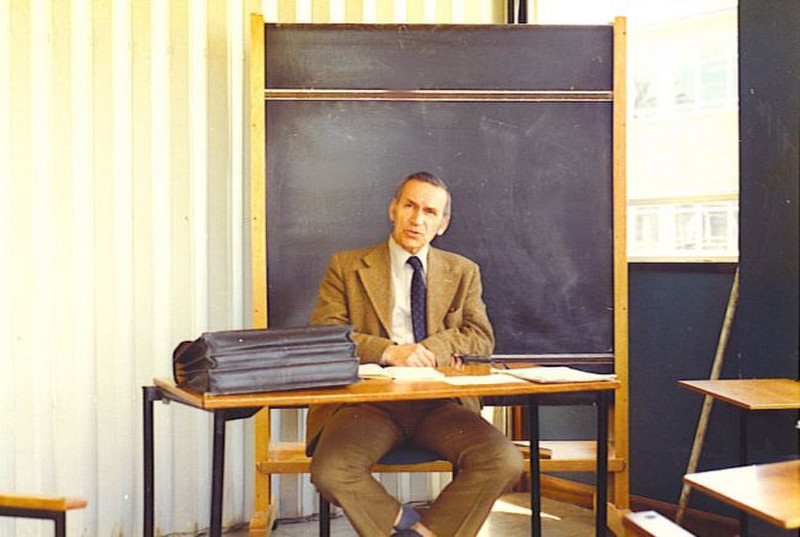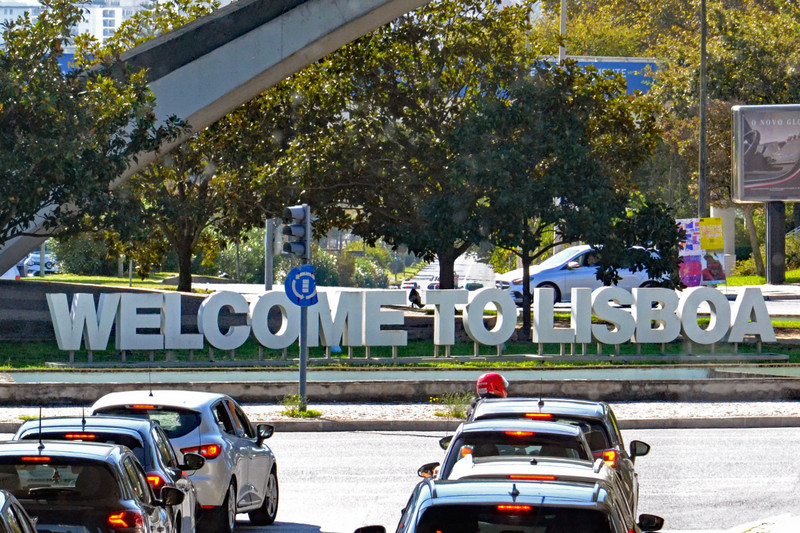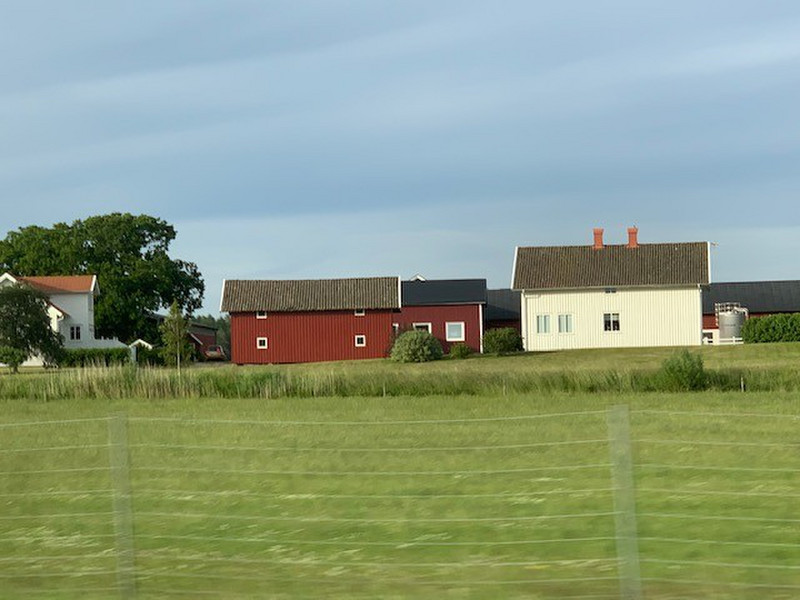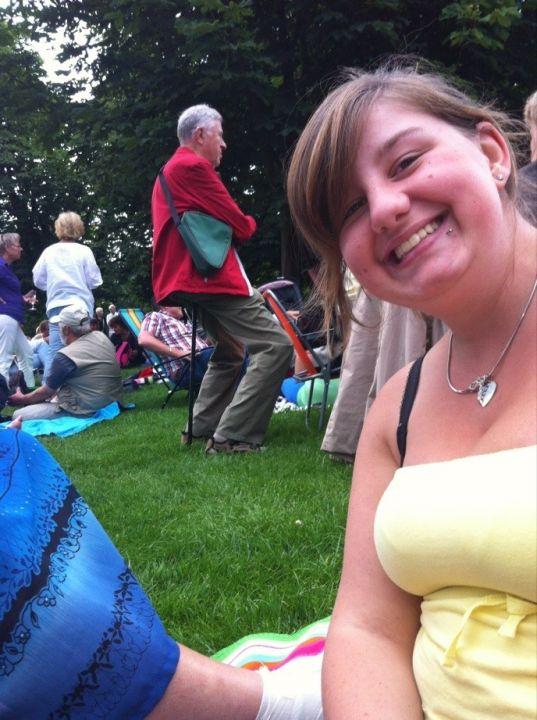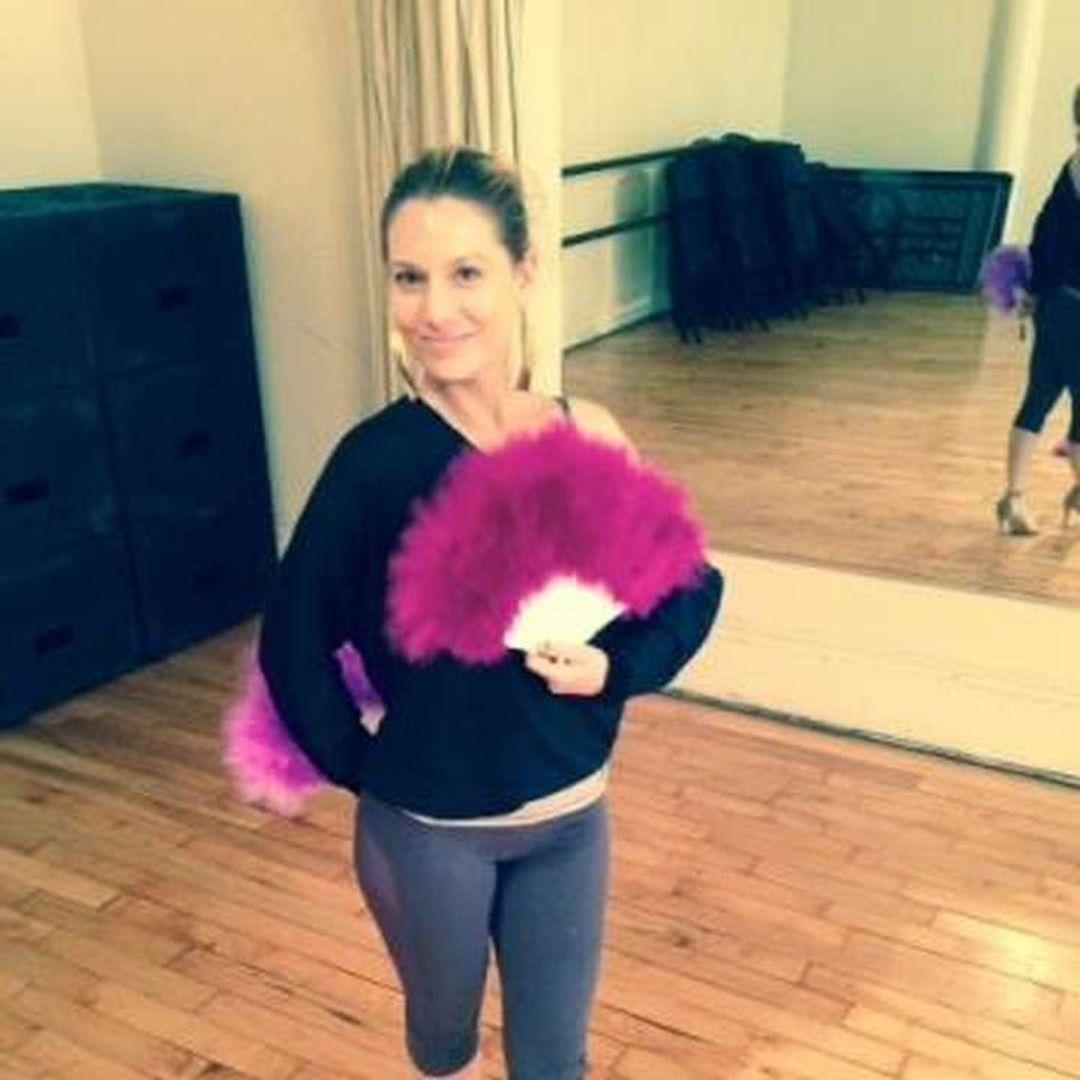I had three English teachers during my seven years at Stoneham Grammar School, Reading, between 1963 and 1970. In my first year I was taught by Mr ‘Bongo Stacey, primarily a French teacher, who slippered me in my second ever English lesson for forgetting to bring ‘Treasure Island. Thereafter, I had either Mr ‘Min Morey or Mr ‘Sooty Coleman.
Mr Coleman was the Head of English and a graduate of Kings College, London. He was my ‘A level teacher for two years and also my English teacher when I was in Class 2A. I remember little about that year with him except for two things: we read ‘King Solomons Mines by Rider Haggard, a book I enjoyed, and we had a spelling test in which I dropped one mark for not hyphenating Funny how little things like that stick in the memory.
Mr Coleman was known to us boys as ‘Sooty for obvious reasons and as ‘Happy Harry because of his permanently serious expression. His initials were P. H., so I suppose the ‘H stood for Harold. He was an undemonstrative man who, unlike many other teachers, never lost his temper in class or resorted to corporal punishment.
I remember him best from my ‘A level years. The texts he selected were ‘The Winters Tale, ‘Middlemarch, ‘The Mayor of Casterbridge, ‘Joseph Andrews, The Wife of Baths Tale, ‘The Power and the Glory and ‘Paradise Lost: Book 9. We also prepared for the unseen paper by studying selected poems. I vividly remember reading ‘The Second Coming, ‘The Windhover, ‘The Force That Through the Green Fuse, ‘A Slumber Did My Spirit Seal, ‘View of a Pig, ‘Death on a High Wire and ‘On the Move. He was an teacher who used to dictate notes, which I wrote in blue fountain pen in a small exercise book (which I still have). The highlight of the ‘A level course was ‘The Winters Tale, which opened my eyes to Shakespeare. I borrowed the Argo LPs of the play from the school library, which Mr Coleman ran and where he had a private
The pinnacle of my English career at Stoneham came in the Mock ‘A levels, where I finished top of the class, ahead of David Chuter, the English literature boffin who seemed to have read everything and who had fully expected to beat me. My English Literature Mock
was probably my best ever exam. Mr Coleman congratulated me and said I would be well away if I repeated my performance in the real thing. David Chuter was mortified to have finished behind me; I heard him muttering ridiculous in a barely concealed whisper. My ‘A grade in the final exam was in no small part due to Mr Colemans diligence sense. He was not an inspiring teacher, but he worked hard, had good class control and understood literature.
Mr Coleman was a devout Roman Catholic who led the Roman Catholic assembly in the dining hall each morning. It seems silly now that we Roman Catholics were segregated from the other boys, because school assemblies were not especially religious, but that was how it was back then. One day during my fifth year, when Mr Eedle, the Physics teacher, was indoctrinating boys with his religious mania and weird beliefs, Mr Coleman took me aside and asked if any Roman Catholic boys were under Mr Eedles spell. That proves what a deeply moral and religious man he was. I see from my reports (all of which I have kept) that Mr Coleman was my Religious Knowledge teacher in my first two years at Stoneham. I used to sit in R.K. lessons silently reading my Catholic textbook, while the other boys were being lectured by Mr Evans (the R.K. teacher and jazz pianist, not to be confused with Dai Evans, the French teacher). Twice each year, Mr Coleman would set and mark a separate R.K. exam for us Catholics.
Unlike the other teachers, who drove to school in a variety of cars, Mr Coleman used to cycle. As I remember, he had a racing bike. In 1970 he was a fit so, if he is still alive, he must be well into in his 90s. Somebody told me he had retired to Dawlish in Devon, but I have been unable to confirm that.
